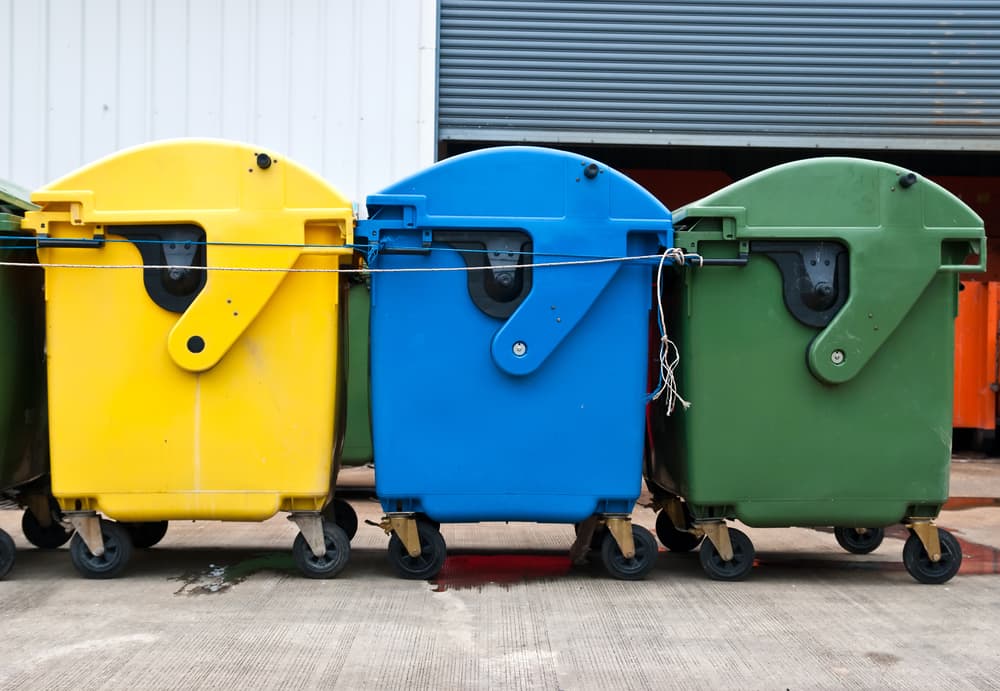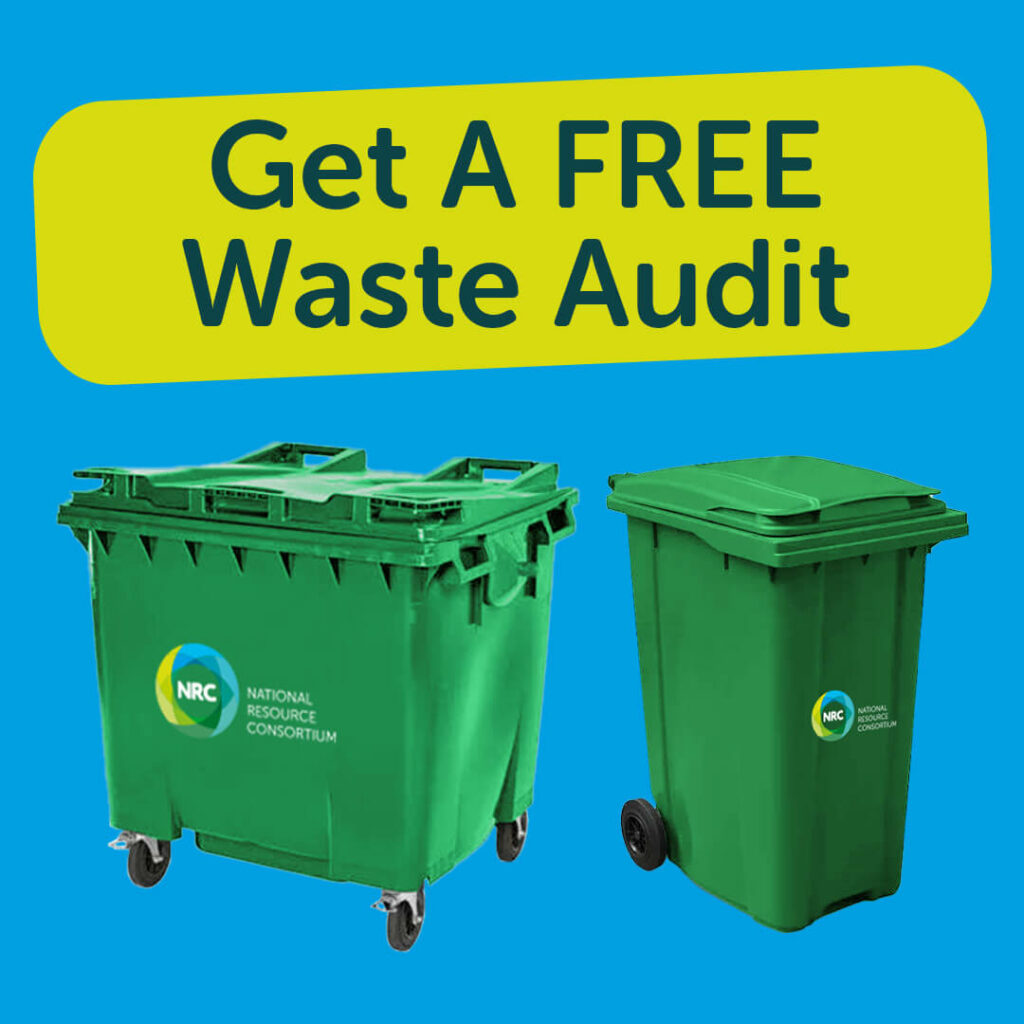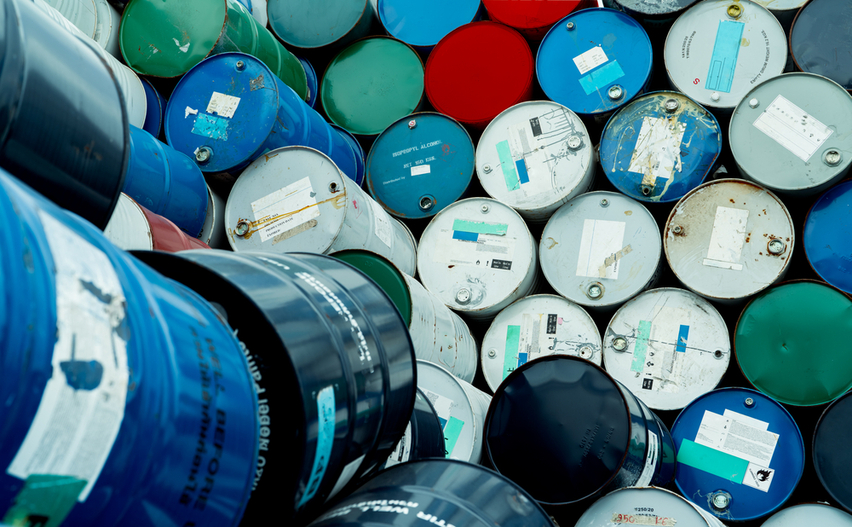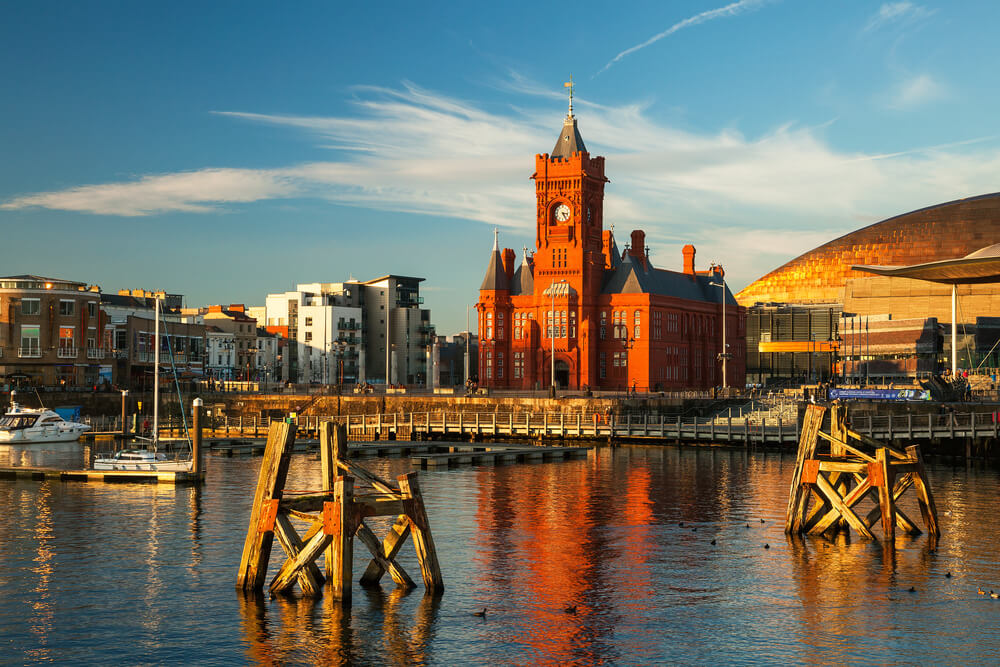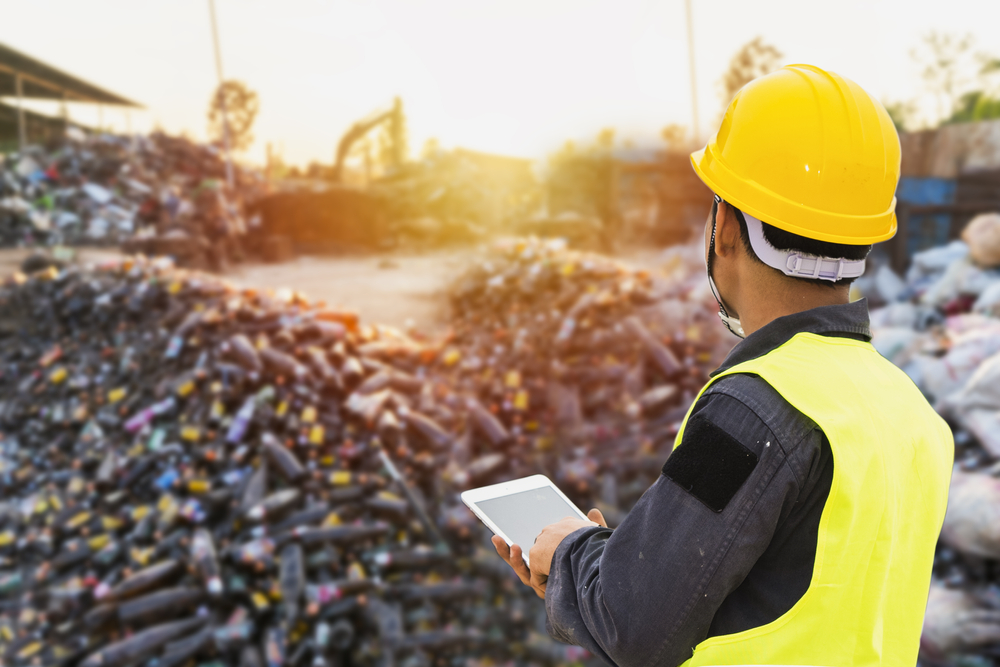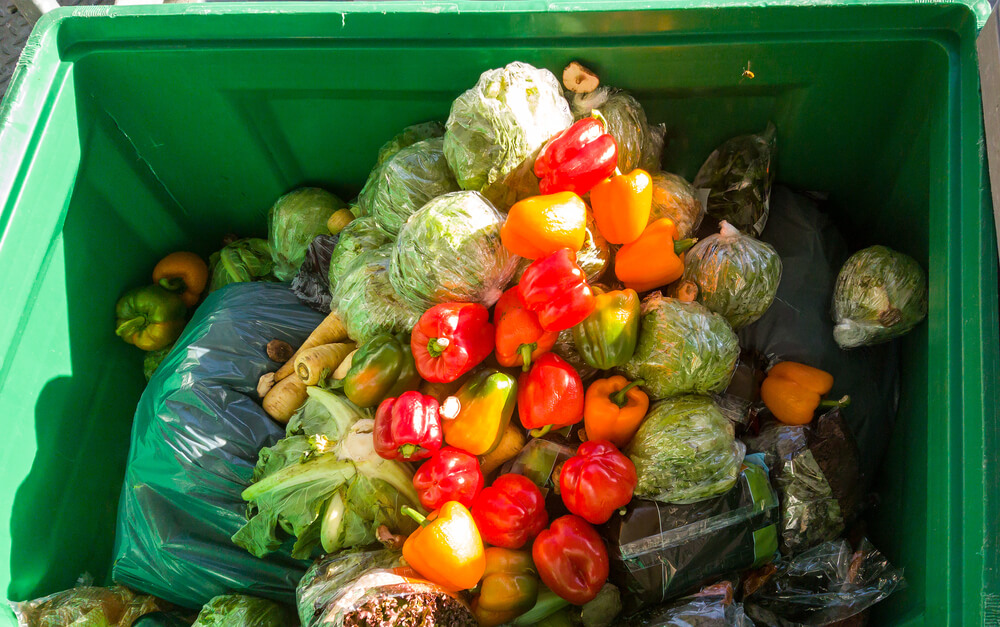May 9th, 2024

Plastic Predicament: Balancing Environmental Concerns and Practical Realities
Public outrage against single-use plastic is placing positive pressure on businesses of all types to reconsider their use of plastic products. But the growing desire for even greener alternatives to petroleum-based materials is at odds with the reality of currently available ‘bioplastic’ alternatives.
Understanding Bioplastics
The term ‘bioplastic’ is being widely used to describe a diverse range of products. But what is not made clear to end users is that ‘bio’ refers only to a product’s provenance. It gives no indication of the item’s end-of-life behavior. ‘Bioplastic’ can refer to materials designed to be recycled, to biodegrade, compost, or none of these.
The Rise of Compostable Packaging
The majority of bio-based plastics now entering our waste stream are designed to break down under industrial composting conditions. As more composting facilities extend their capabilities to include bio-based plastic, suitable treatment is increasingly available for commercial and industrial (C&I) waste.
Challenges in Composting Bio-Based Plastics
However, this shift is not without its challenges. Processing compostable packaging designed to certified standards poses difficulties for recyclers. Ensuring that incoming waste complies with necessary standards is crucial to managing processing costs and safeguarding the quality of the compost end product.
The Dilemma of Single-Use Plastics
Under mounting pressure from consumers, many businesses are making the switch to compostable packaging, particularly in catering operations. However, the majority of this non-recyclable bio-based material ends up in the general waste stream, increasing overall waste volume and costs.
The Reality of Composting Bioplastics
Compostable bio-based plastics, while suitable for in-vessel composting, add no nutrient value to compost. As they enter the composting process, their component materials and energy value are irretrievably lost, making composting a form of disposal rather than treatment.
Examining the End-of-Life Value
Founder of Simply Cups, Peter Goodwin, questions the end-of-life value of compostable packaging, highlighting the lack of value it offers to commercial composters compared to traditional plastics.
The Call for Holistic Solutions
Ultimately, the pursuit of recyclable bio-based plastics may offer a more sustainable solution. However, current bio-based packaging creates additional waste while failing to address the challenge of existing plastic pollution.
A Call for Regulatory Support
Before rushing to adopt new materials, industry stakeholders should demand greater regulatory support to meet the market demand for high-quality recycled resources. Closing the loop on existing plastic and implementing measures to compel manufacturers to use more recycled polymers is crucial in addressing the plastic predicament.
